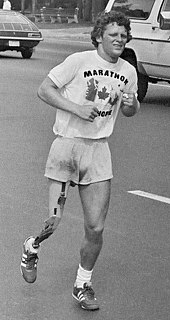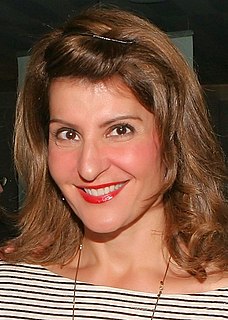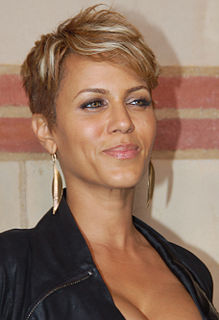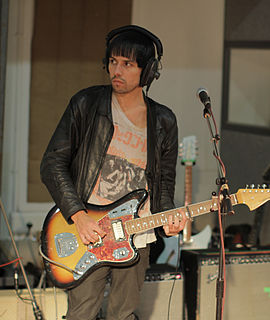A Quote by Cory Doctorow
I just sit down and the page just comes out and I look at it and the elements that appear on that page have a lot to do with what's going on in my life.
Related Quotes
Yes, the fear of its blankness. At the same time, I kind of loved it. Mallarmé was trying to make the page a blank page. But if you're going to make the page a blank page, it's not just the absence of something, it has to become something else. It has to be material, it has to be this thing. I wanted to turn a page into a thing.
When you're reading a newspaper and you're seeing ads on the page, it's not kind of invasive. Like, it's on the page next to the article. You can look at it or not. You can turn the page when you're ready. On the internet, the ads - many of the ads - just are so controlling. They insist that you see them.
It would just be a pamphlet. Three pages. The first page would be Drugs I Have Taken and then a list. The next page would be People I Have Slept With and then another list. Then the last page would be Famous People I Have Partied With and then another list. Because that's all people write in their autobiographies. Cut out all the bullshit and it's just a three-page pamphlet.

































